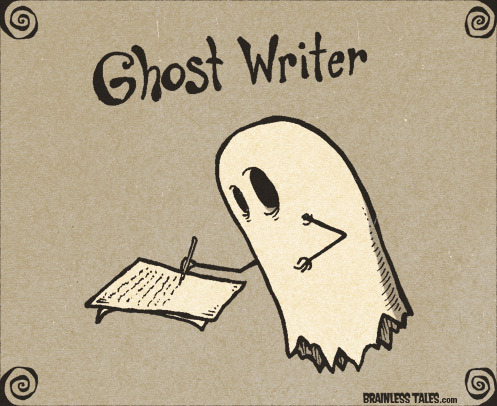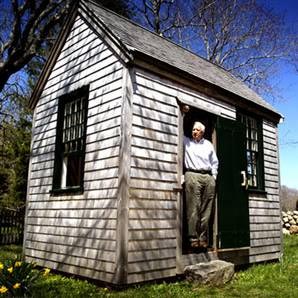
Or as my friend Lindsey says, “The Glorious Person You Don’t Have to Be.”
Lindsey may be correct about the international acclaim stuff (see her guest post below), but I would not bet against her!
Here then are Lindsey’s wise and life-giving words:
Who is the person you don’t have to be?
For me, I always believed that my destiny was to be an internationally acclaimed speaker and writer. This delusion likely dates back to the first time I was ever complimented on my writing. Certainly it pre-dates my junior year in high school. By then, the idea was firmly entrenched, along with the conviction that I was already behind.
A hard truth hit me a few days ago, but it was followed by a flood of relief. The truth was this: God may not want me to be an international anything. If that is the case, I should not torture myself by viewing every popular speaker and every successful writer as a potential ‘me.’ Perhaps it is okay to be one of the ‘masses’ and just absorb (instead of dream).
I shudder when I think of the last time I read a good book separated from any concept of marketing or success. Or the last time I viewed a magnificent state building without figuring out how I could get a back-stage pass. Or how often I have blamed God for withholding my destiny.
But what is my destiny? As a believer in Christ, it is already written out for me in plain Greek: “I have died, and my life is hidden with Christ in God. When Christ–who is my life– is revealed, I too will be revealed in glory.” That’s from the third chapter of the book of Colossians. So when is my glory coming? Not in this life. Rather, I must put all my eggs in the basket of the afterlife. If I am to believe the Bible at all, I have to believe that my real glory will not be revealed after I die. In fact, it will not be made known until the end of days. By then, I will also have the wisdom not to care about it.
That truth is a relief to me. Since I am incapable of bringing about any glory other than a) false and selfish glory or b) the glory produced by obedience, I am not in any way responsible for glorifying myself. I am grateful for that, and not only because I’ve been making such a hash of the job. You should be grateful, too: self-aggrandizement is never pretty to watch.
Is there a glory that you are seeking and not finding? Perhaps it is the glory of being a parent when parenthood has been denied you. Perhaps it is the glory of a job worthy of your education when all you can manage is stacking shelves at a library. Perhaps it is the glory of a lifelong relationship.
What is the glory that will finally allow you to hold your head high?
Chances are, you have not answered that you want to glory in your weakness, or in the cross of Christ, or in suffering. Heaven knows that I have never answered like that. I want my glory to be in how Christ has accomplished marvelous and noteworthy things through the skills and interests he has given me. I want my glory to be in strength, not in weakness.
But that is not the biblical way. I don’t know how exactly I can glory in weakness over strength, but I do know one thing: I am free from planning my own path of glory. Nor do I have to make myself a celebrity. God forbid that I should do so.
I want to finish with a quote from Thomas Aquinas. In speaking about vainglory, he asserts that
“It is requisite for man’s perfection that he should know himself; but not that he should be known by others.” Summa Theologica, Question 132, Article 1
The world does not have to know or glorify you. It is far better that you know yourself through the eyes of God.
http://www.lindseyscholl.com/2013/04/the-glorious-person-you-dont-have-to-be.html







